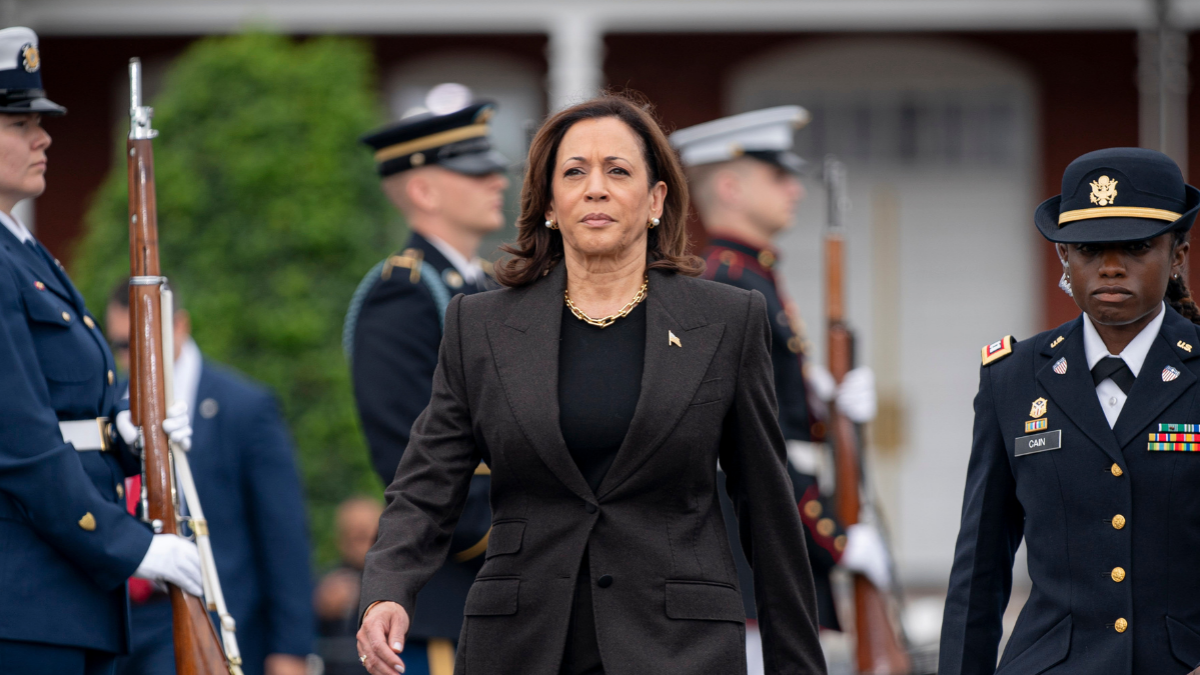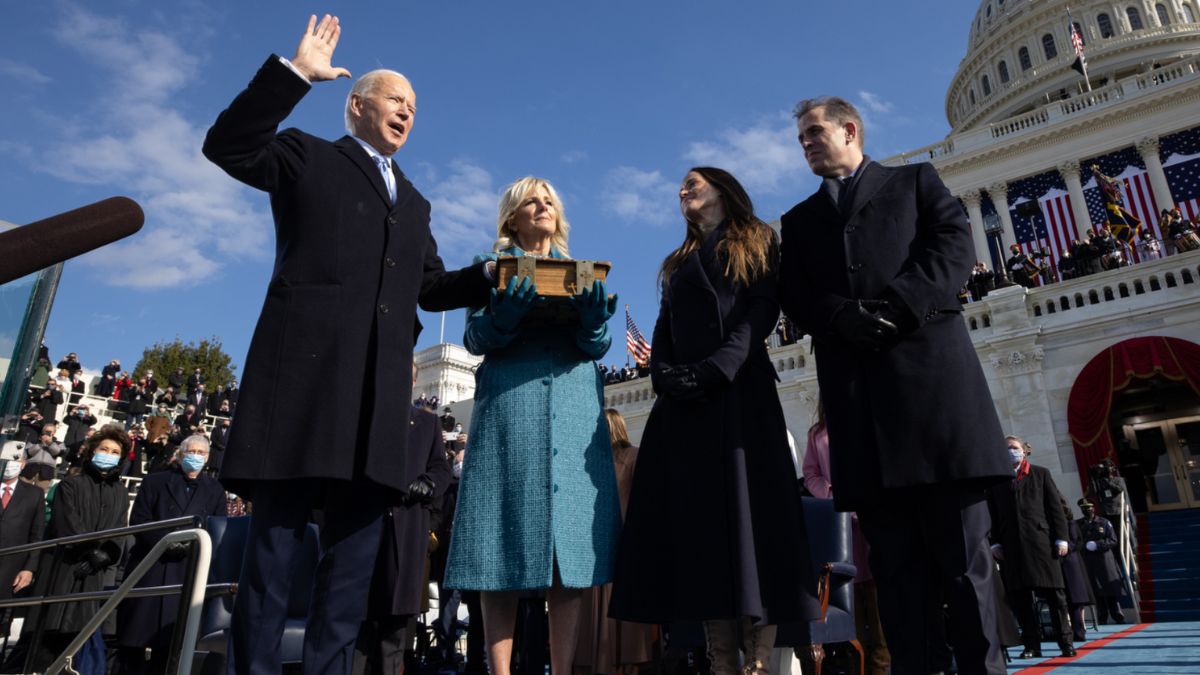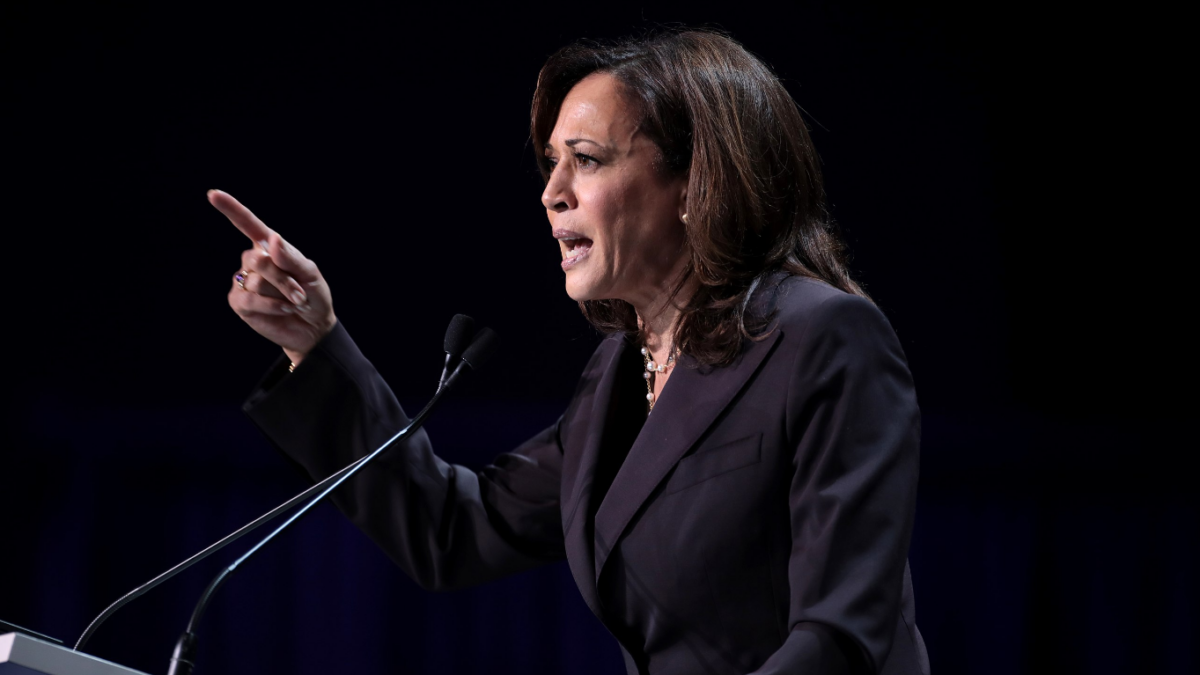
They told me if I didn’t vote for Donald Trump, Washington DC would go on a massive, unsustainable, Big Government spending spree — and they were right!
Early this morning, Congress passed and President Trump signed a deal to avert a government shutdown for another two years by basically giving the Democrats all the spending they wanted and increasing discretionary spending by $150 billion a year.
There are also reports that Republicans are working on a bill to bail out Obamacare, and we haven’t even gotten to Trump’s $1 trillion infrastructure plan yet. But no big deal. Rush Limbaugh says he isn’t worrying about the debt because “all of the apocalyptic warnings I grew up hearing have yet to happen.”
Limbaugh knows full well why the budget apocalypse hasn’t happened yet. In the 1990s a Republican Congress restrained spending just enough so that a growing economy could outpace growing government. More recently, the budget showdowns of the Tea Party era led to a “sequester” that also restrained spending. In other words, we have staved off disaster by doing the exact opposite of what Republicans just did. As to why Limbaugh is fine with the new direction — well, he’s not the only public figure who has made a career as a bold, politically incorrect truth-teller while actually telling his audience whatever they want to hear at the moment. That turns out to be pretty much the same explanation for why Republicans just passed this deal.
I knew we were doomed when Republican lawmakers and a lot of my conservative friends got really excited about an idea to add a new government benefit — paid family leave — to Social Security. It was not just a reluctant acceptance of the giant middle class entitlement state. It was an attempt to embrace that system and show that they, too, could shower goodies onto the American public, just in a more fiscally responsible way. The justification for this is that the Overton Window — the “range of ideas tolerated in public discourse” — has shifted. Reform of the entitlement state is no longer on the table, so adopting the welfare state and tinkering with it is the “smartest live option.” But if the Overton Window has shifted, it is Republicans who have shifted the window by acquiescing to the middle class welfare state.
The actual history on this issue is that Republicans spent decades slowly, haltingly moving the Overton Window toward reform of the entitlement state. In the 1990s, Republicans made welfare reform so popular that they got Bill Clinton to sign it. They briefly forgot about all fiscal discipline during the 2000s when they were preoccupied with the War on Terrorism, which also gave them a convenient excuse to blow the previous decade’s budget surpluses and start borrowing again. But with the rise of the Tea Party movement in 2009, there was once again pressure to do something about the vast size of government, and Paul Ryan rose to fame by being the first prominent politician to propose significant reform of middle class entitlements. Not only did the earth not swallow him up, he was selected as the vice-presidential running mate for Mitt Romney. The Overton Window had moved to the point where we could at least discuss trimming back the entitlements that drive federal spending. In Overton’s terminology, it had gone from “unthinkable” to “acceptable.” Paul Ryan even put together a budget that was projected to drive federal spending as a percentage of GDP well below current levels.
Now, like Sisyphus, just as they were about to reach their goal, Republicans have let it slip out of their hands and roll back to the default state of bipartisan support for Big Government.
A lot of us on the right have spent the first year of the Trump administration trying to puzzle through his overall impact. On regulation and taxes, he has been much better than expected. In his personal style and messaging, he has been exactly as bad as we feared, and he never seems to learn. But on the most important issue of the era — whether or not we make peace with Big Government — he has now definitively failed.
Yet Trump is just a symptom. Republican leaders forged this agreement and passed it because the message sent by Donald Trump’s rise to the presidency is that the Republican base no longer cares about fiscal discipline or the size of government — because nobody would have chosen Donald Trump if that was their top concern. It stands to reason that if the voters don’t care about the size of government, politicians won’t either. Their default mode is to avoid hard choices and tough battles, to act only when they think they need to avoid the rage of their core voters. In this regard, you might note that this bill gives the Democrats massive new spending increases, but doesn’t give them a deal on illegal immigrants. That tells you what Republican politicians think their voters care about in the Trump era.
This is all a short-sighted illusion. We may not care about the debt, but it cares about us. For those of us who are still willing to see the crisis that is coming, it’s time to start rolling that boulder up the hill again in the hope we will be ready when the American people inevitably can’t avoid the problem any more and start looking for a solution. Because they sure aren’t ready for it now.
Follow Robert on Twitter.









